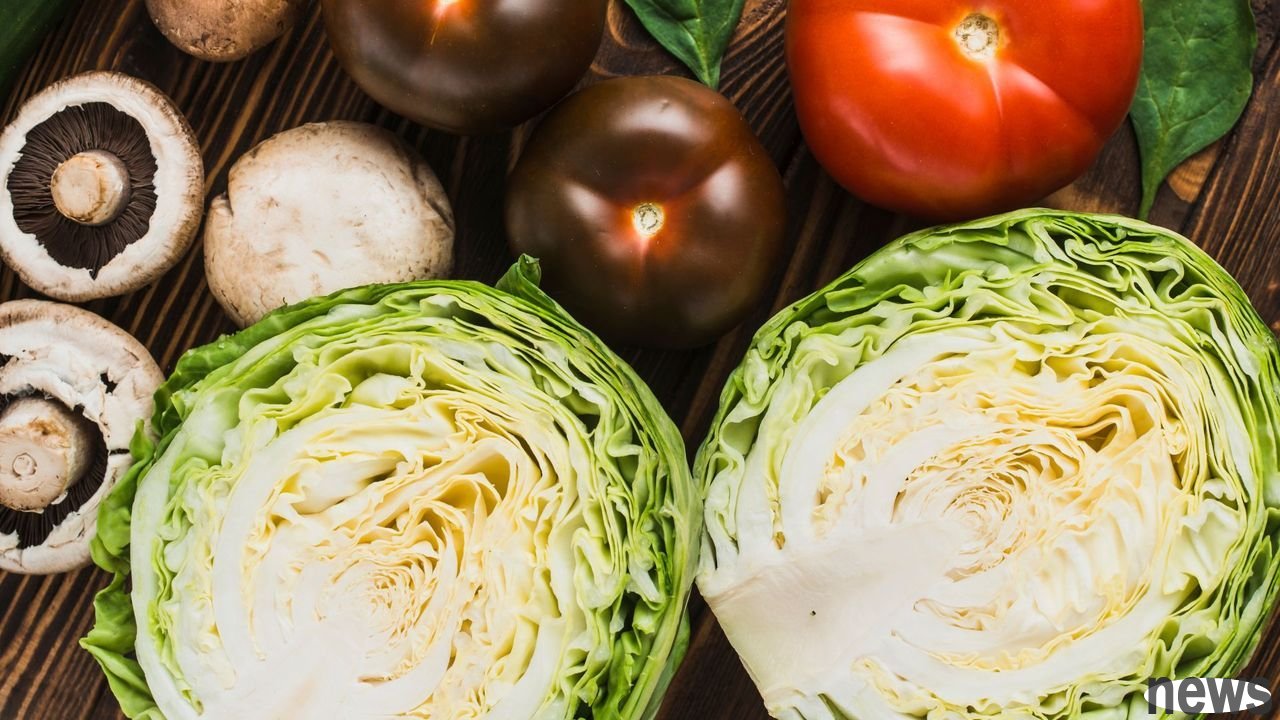
Nutritionists say that after a person is 60 years old, the most important thing to add to their diet is fiber-rich foods, especially vegetables, and then fruits. According to reports from
"Parade.com", experts agree that although eating must be changed by the age of 60, some important ingredients are needed, and only with them can they be healthy. The weight of some ingredients increases with age.
Nutrients, Molly Rapozo said that the plant's vegetarian food cannot be completely digested when eaten, but it travels all over the body, gets rid of fat and sugar, and increases healthy bacteria in the kidneys, promotes regular movement of the kidneys and removes toxins. Lapozzo said that adequate dietary dysfunction can reduce the risk of heart disease and type 2 diabetes.Lapozzo also pointed out that overall, you have many agricultural products to choose from to ensure you eat enough fiber, and there are many other high-quality products.
Tara M. Schmidt, chief registered nutritionist at Mayo Clinic, also loves fruits and vegetables because it is rich in moisture, and many people are 60 years old and often lack moisture.
Lapozo pointed out that vegetables, fruits, all grains, beans, fruits and seeds all contain fiber. The Institute of Medicine recommends that women aged 51 or older eat 21 grams or more fiber per day. Men of the same age should eat 30 grams or more. Choosing less processed foods will help to obtain the fiber required.
ProteinMaintain muscle mass and is beneficial to bone health and immune systemAs you are 60 years old, another increasingly important nutrient is protein, so be sure to eat a lot of high-protein foods.
Lapozo said that protein is the basic material for building muscles, enzymes and important hormones in the human body. People who were last year should eat extra protein to maintain muscle mass and strength, and it is also beneficial to bone health and immune system.
Lapozo pointed out that most healthy elderly people eat 1 to 1.2 grams of protein per kilogram, which means a 150-pound person weighs 68 to 82 grams per day. There is an exception for people with kidney disease.
Lapozo suggested that you take about 25 to 30 grams of protein per meal a day and eat enough for one meal. The reason is that people are getting older and their body's efficiency in processing protein has become worse.
Next:How to use cold buttercream hard? Make good use of microwave 2 function, and make the cream quickly become soft and not melted in less than 20 seconds.